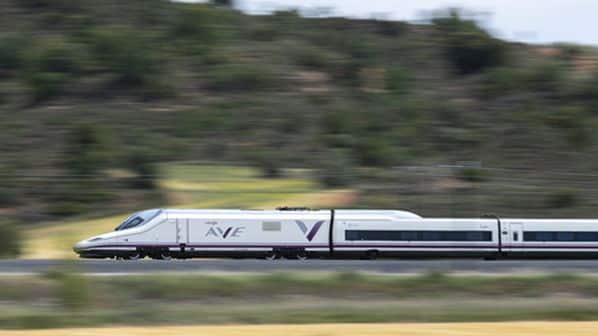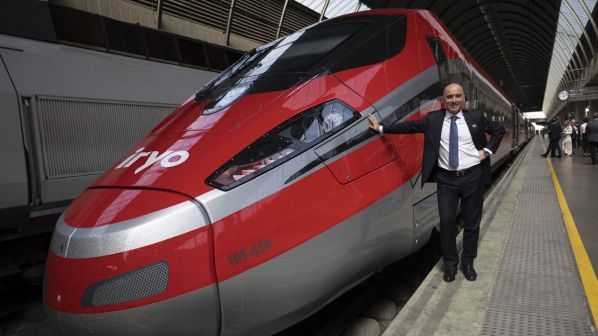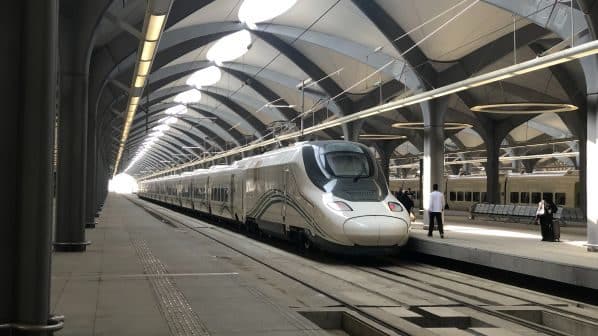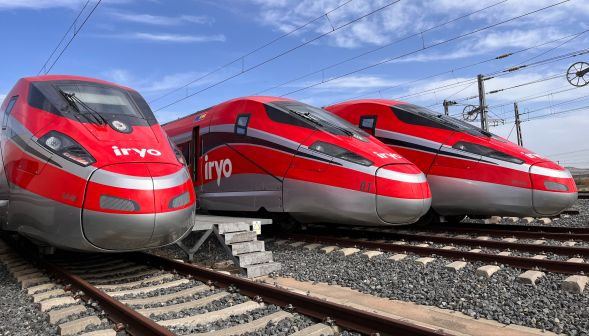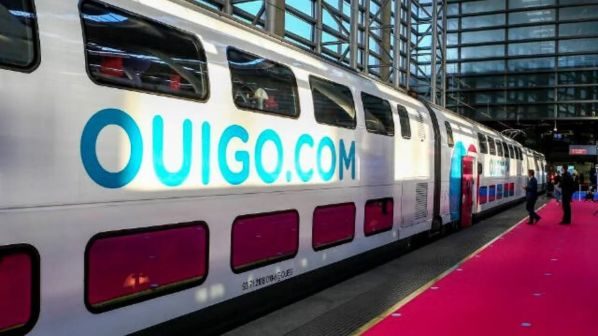THE European Commission (EC) has referred Spain to the Court of Justice of the European Union for failing to correctly transpose and apply the directive establishing a single European railway area.
The EC says the regulatory framework in Spain is in breach of several provisions of Directive 2012/34/EU covering the independence of infrastructure managers, in particular the determination of infrastructure charges, the management of operators according to commercial principles, and the correct drafting of contractual agreements.
In May 2018 the EC sent a letter of formal notice to which Spain replied in January 2019. The Spanish government informed the commission that some of its objections had been resolved through new legislation, while others required further work. However, the commission says Spain failed to ensure the correct transposition of several articles of the directive and consequently sent a reasoned opinion to the Spanish government in October 2019.
While Spain modified its law regarding the determination of infrastructure charges in a direction that may potentially meet the requirements set under the directive, the EC says it appears that the new system is not yet operational. The commission says that while infrastructure manager Adif has an appropriate level of independence in setting up the charging scheme, Spanish law includes a transitional provision that suspends the applicability of the new rules until the infrastructure manager approves and publishes the new arrangements.
The law does not, however, contain any provision requiring Adif to implement the new system within a set deadline. Unless action is taken swiftly, track access charges will be considered de facto as taxes, to be set in forthcoming Spanish national budget legislation for 2024 and 2025. In these circumstances, there is a risk that the old system will continue to apply until 2024 or 2025. As a consequence, operators will be unable to challenge track access charges. Since they are set by law, such charges cannot be challenged in the Spanish courts.
The EC says the independence of the boards of the infrastructure manager and incumbent operator Renfe are not clearly ensured. “Considering the composition of the board, which is appointed by the Ministry of Transport, the ministry’s right to terminate members’ mandates and the decision-making rules, it must be concluded that the state is in effect able to exercise decisive influence on management board decisions, including those on ticket prices,” the EC says.
Finally, key elements are missing in the contractual agreement between the Spanish government and the infrastructure manager, for example key performance indicators relating to efficiency and reducing track access charges.
In December 2022 Spain notified the EC that it had transposed further measures, but the commission’s analysis concluded that not all of its points had been addressed, leading to the referral to the European Court of Justice.
